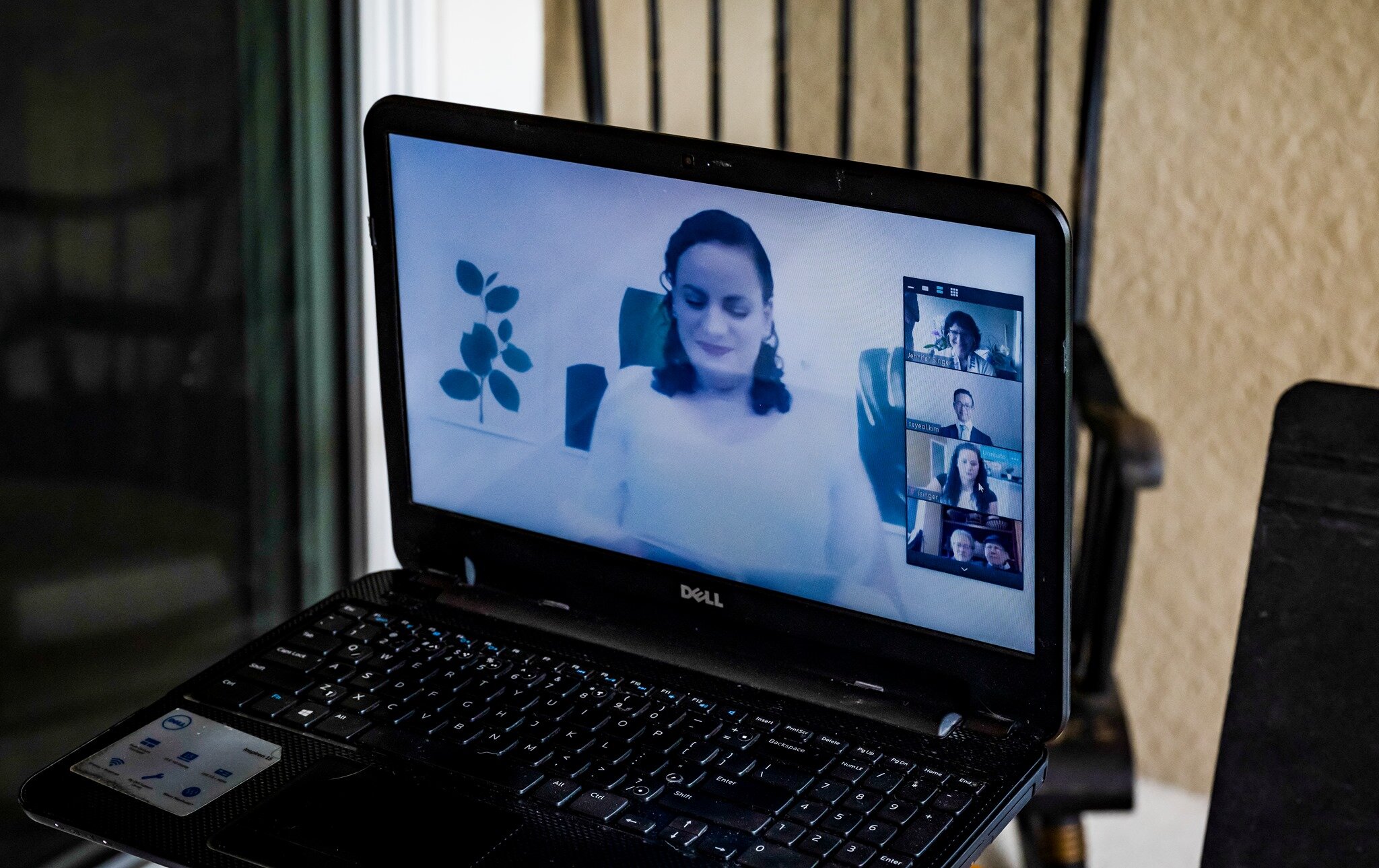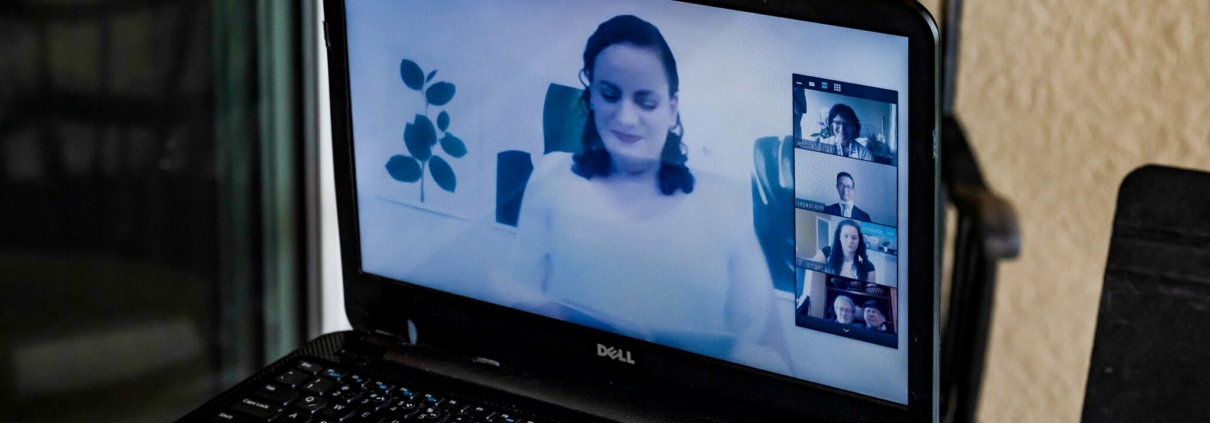The Leftovers
As an unexpected exercise in binge television viewing, I watched The Leftovers. The HBO series explored the psycho-spiritual reaction to being a survivor after 2% of the world disappears. The reactions ranged from deepened faith to a rejection of all societal norms. While we cope with the ravages of Covid – 19, I considered the role of survivors from a Jewish lens.
In parshat Shemini, and at Leviticus 10, the two older sons of Aaron died suddenly when offering “strange fire.” The story then turned to the actions of Aaron, the grieving father, and the two younger brothers, Eleazar and Ithamar. They are referred to twice as the remaining sons. As “the Leftovers” they rejiggered rituals to meet the new circumstances.
Moses, keeper of the faith, angrily questions how the remaining sons handled the daily sacrifice. With Aaron’s explanation, the rule for consuming the sacrifice was amended in case of death.
We are in such a transitional moment. Our primary role is to stay cloistered. Yet, merely sheltering is insufficient. Perhaps it is time to also consider how this pandemic may change our Jewish rituals.
How will we grieve our losses? How will we reenter civil society? How will we engage spiritually? And how will the old leadership (i.e. Moses’ role) react to the newly adjusted norms?

On line life cycle event.
For example, the use of Zoom and Facebook has adjusted the way we gather and worship. Either we can return to prayer spaces (or supporting synagogues while going to the gym instead) or we can build on these virtual ways of connecting in spiritual community. These on-line platforms provide easy access and together we reduced air pollution!
Life cycle events have also continued in new, limited yet meaningful fashion. Distance weddings and virtual funerals are redefining how we ritualize life cycle events. As to the celebration of holidays, our on-line Seders allowed us to reach more people with greater ease even while some lament the distance between family members, And with less people traveling we honored the environment and gave the earth more breathing room.
In the post-Covid 19 world, we will reevaluate the accouterments of religious life. There may be opportunities to deepen our faith engaging in new-ish modalities and selecting from a modern spiritual toolbox. Rather than see ourselves as merely “the leftovers” we can be the change agents of a more potent faith construct for this modern age.
R’ Evan J. Krame






 Evan J. Krame was ordained as a rabbi by the
Evan J. Krame was ordained as a rabbi by the